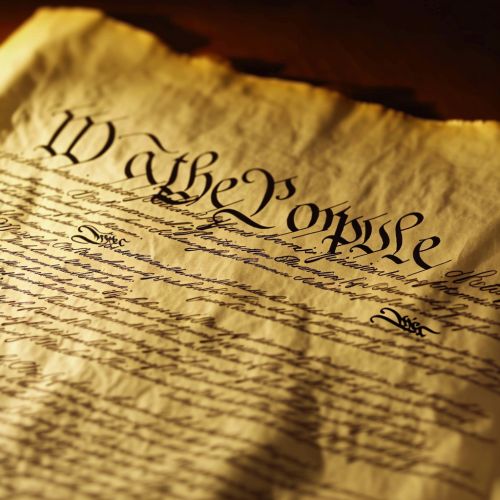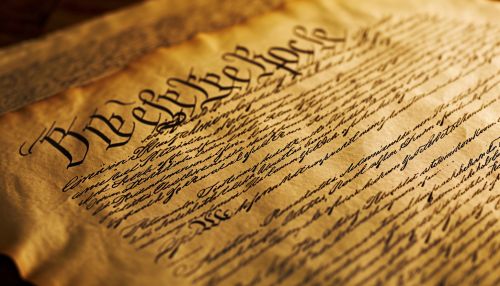Fourth Amendment to the United States Constitution
Overview
The Fourth Amendment is a part of the Bill of Rights that guards against unreasonable searches and seizures, along with requiring any warrant to be judicially sanctioned and supported by probable cause. It was adopted as a response to the abuse of the writ of assistance, which is a type of general search warrant issued by the British government during its Revolutionary War against North America in the 18th century.


Text
The text of the Fourth Amendment, which is part of the original Bill of Rights, is as follows:
"The right of the people to be secure in their persons, houses, papers, and effects, against unreasonable searches and seizures, shall not be violated, and no Warrants shall issue, but upon probable cause, supported by Oath or affirmation, and particularly describing the place to be searched, and the persons or things to be seized."
Historical background
The Fourth Amendment was introduced in Congress in 1789 by James Madison, along with the other amendments, in response to Anti-Federalist objections to the new Constitution. Congress submitted the amendment to the states on September 28, 1789. By December 15, 1791, the necessary three-fourths of the states had ratified it. Secretary of State Thomas Jefferson announced the adoption of the amendment on March 1, 1792.
Interpretation
The interpretation of the Fourth Amendment has evolved over time. Its protections are twofold: the right to privacy and the protection against arbitrary police intrusions. The amendment protects against arbitrary arrests, and is the basis of the law regarding search warrants, stop-and-frisk, safety inspections, wiretaps, and other forms of surveillance, as well as being central to many other criminal law topics and to privacy law.
Search and seizure
The Fourth Amendment proscribes unreasonable search and seizure. The degree to which an individual is protected by the Fourth Amendment depends, in part, on the location of the search or seizure. Minnesota v. Carter, 525 U.S. 83 (1998).
Warrants
A warrant to search and seize property requires probable cause to believe that a crime has been committed and that the individual named in the warrant is responsible for that crime. The Fourth Amendment requires that the warrant describe in specific detail the location to be searched and the items to be seized.
